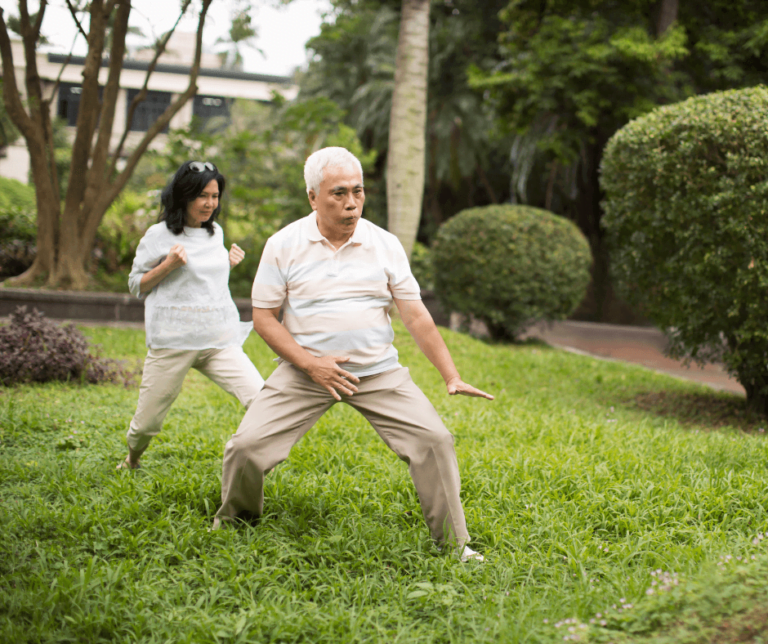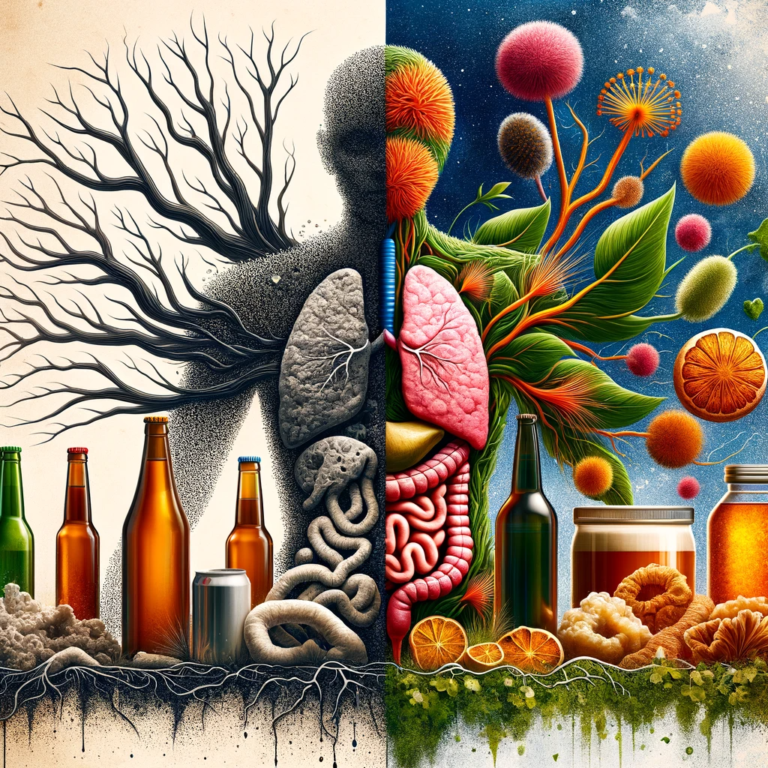Post-Holiday Depression. What to do?

The holidays are a time of joy and celebration, but for many people, they can also be a time of stress and exhaustion. As the holiday season comes to an end and the reality of everyday life sets in, it’s common to feel a sense of sadness and emptiness known as post-holiday depression.
Post-holiday depression is a form of seasonal affective disorder (SAD), a type of depression that occurs during the same season each year. It can be triggered by the end of the holiday season, the shorter days and longer nights of winter, and the lack of social events and activities.
Symptoms of post-holiday depression can include feelings of sadness and hopelessness, loss of interest in activities that were previously enjoyable, difficulty concentrating, changes in appetite and sleep patterns, and thoughts of self-harm.
If you’re experiencing post-holiday depression, it’s important to know that you’re not alone and that there are things you can do to manage your symptoms. Here are some tips to help you cope with post-holiday depression:
- Seek support from loved ones
One of the most important things you can do when dealing with post-holiday depression is to reach out to loved ones for support. Talk to your friends and family about how you’re feeling and let them know what you need. They can offer emotional support and help you find ways to cope with your feelings.
- Practice self-care
Taking care of yourself is essential for managing post-holiday depression. This can include getting enough sleep, eating a healthy diet, and engaging in regular physical activity. It can also be helpful to set aside time for activities that bring you joy, such as reading, listening to music, or spending time outdoors.
- Seek professional help
If your post-holiday depression is severe or persistent, it may be helpful to seek professional help. A mental health professional can provide you with support and guidance as you work through your feelings. They can also help you identify any underlying issues that may be contributing to your depression and develop strategies to manage them.
- Consider using supplements
Certain supplements, such as our psychobiotic supplement EasyMind™, may also be helpful in managing post-holiday depression. EasyMind™ contains a blend of probiotics and nutrients that have been shown to support mental health and promote a sense of well-being. It’s a safe and natural way to support your emotional health during the winter months.
- Get outside
Exposure to natural light can be beneficial for those with SAD. When the weather permits, try to spend some time outside during the day. This can help improve your mood and give you a much-needed boost of energy.
- Stay active
Physical activity has been shown to be effective in reducing symptoms of depression. Try to engage in regular physical activity, whether it’s going for a walk, joining a fitness class, or participating in a sport. This can help improve your mood and boost your energy levels.
- Practice relaxation techniques
Relaxation techniques, such as deep breathing, meditation, or yoga, can help reduce stress and improve your overall sense of well-being. Taking a few minutes each day to practice relaxation techniques can be a helpful way to manage post-holiday depression.
Post-holiday depression can be a difficult and overwhelming experience, but with the right support and self-care, it’s possible to manage your symptoms and feel better. Remember to reach out to loved ones for support, practice self-care, and consider using supplements like EasyMind™ to help manage your feelings. By taking care of yourself and seeking professional help when needed, you can get through this tough time




